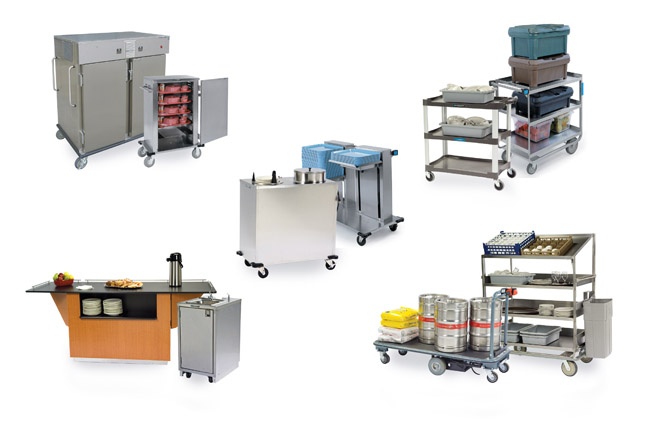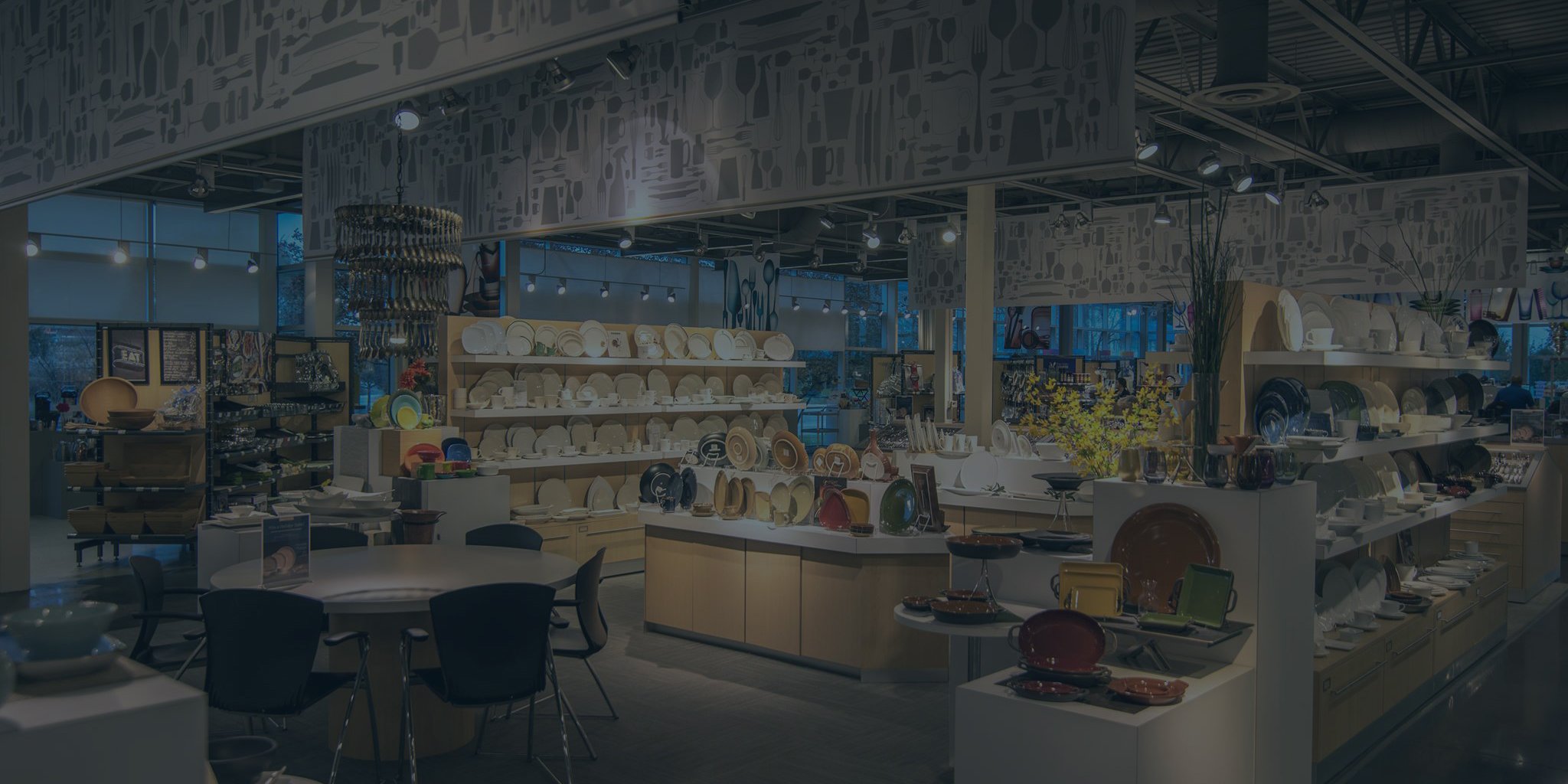When selecting utility carts for your food service personnel to use within your commercial kitchen, there are a number of factors to consider to ensure the cart will fit your needs, last as long as possible, and be useful for all areas in which you may need the utility cart. Ask yourself these questions to choose the right utility cart for your foodservice space.
Where will the utility cart be used?
The floor surfaces on which the cart will be used changes the type of cart you should purchase. When you expect to use the cart only on smooth surfaces, such as smooth tile, vinyl indoor floors, and smooth indoor concrete, you can use a lighter weight cart than if you are using the cart on ceramic tile, carpeting, or uneven outdoors surfaces, as these add additional friction to the cart wheels.
How often will the utility cart be in use per day?
The type of cart you need will depend on how much daily usage the cart will need to withstand per day. If your staff is using the cart only three hours per day, you will have a different use case and potentially different cart than a team using the cart eighteen or twenty-four hours per day.
What do you hope to accomplish with the utility cart?
When you're using the utility cart for lighter working tasks that don't require carrying much weight, such as dining area bussing, tray stations for set-up or soiled trays, or transporting light loads (under 300 pounds), a standard duty tray may be best for you. However, utility carts can be built to withstand incredibly high weights for extreme use, such as carting dock and storeroom goods, setting up machinery at facilities, loading and moving dishes and flatware, and transporting heavy loads up to 1500 pounds. If the latter sounds like what you'd like to accomplish, an extreme duty utility cart may be what you should invest in.
Do you need the cart to be modifiable?
Additional features of some utility carts, such as the wide variety of food service carts available from Lakeside Foodservice, include varying shelf numbers and sizes, material (ranging from easy-to-clean stainless steel to economical plastic), and ergonomic design options.
Providers who can modify and custom-build utility carts for your use case can be a valuable partner in your long-term growth, since carts can be used for new purposes in your foodservice space, including branding, heating, cooling, and movement of non-traditional products.
Utility carts and their uses in foodservice constantly change as new innovations are made; choose a partner that can change with your business. Check out our wide variety of foodservice carts available for sale.
.jpg?width=192&name=BLT_Only_Logo_Black%20(19).jpg)


